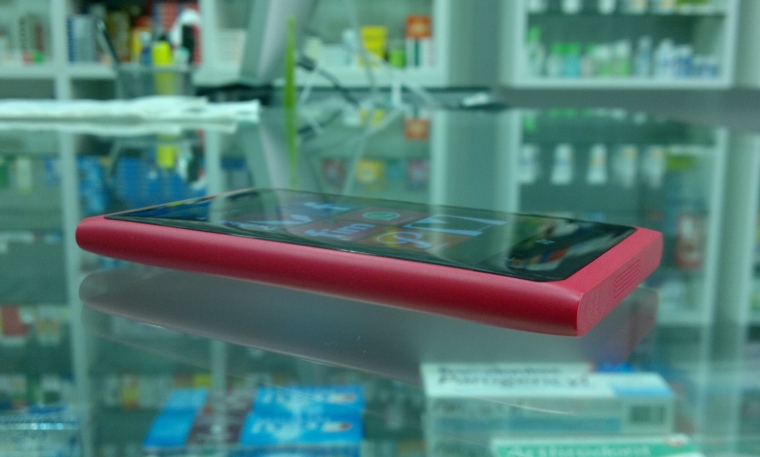Of course there is a downside - the volume of Windows Phone users is not as high as the other platforms, but the long term view is to get in and established in the early stages of the platform's life cycle build up a reputation, and when it does go hockey stick, you've done the ground work and are in a good place to get a return. And that might be from Windows Phone, or leveraging the status on that platform to one of the others.
To be sure, Windows Phone still offers a tiny customer base -- an important factor for developers looking to reach as many people as possible. But a good app can generate buzz on any platform, and can probably do so a little easier on Windows Phone, where there are fewer quality apps. That goodwill could help a developer looking to port that app over to iOS and Android.

This isn't a new problem, every time a platform emerges, people must decide if they are going to move to it. That includes the networks and handset manufacturers, the consumers and networks, and of course the developers. The question of staying relevant (and staying around for a few years) is one of the key ones, so the starting point, at least for me, would be how long do you think Microsoft will be around with Windows Phone?
I think a long time, certainly enough to see a return on any time and effort invested in Windows Phone made now.
